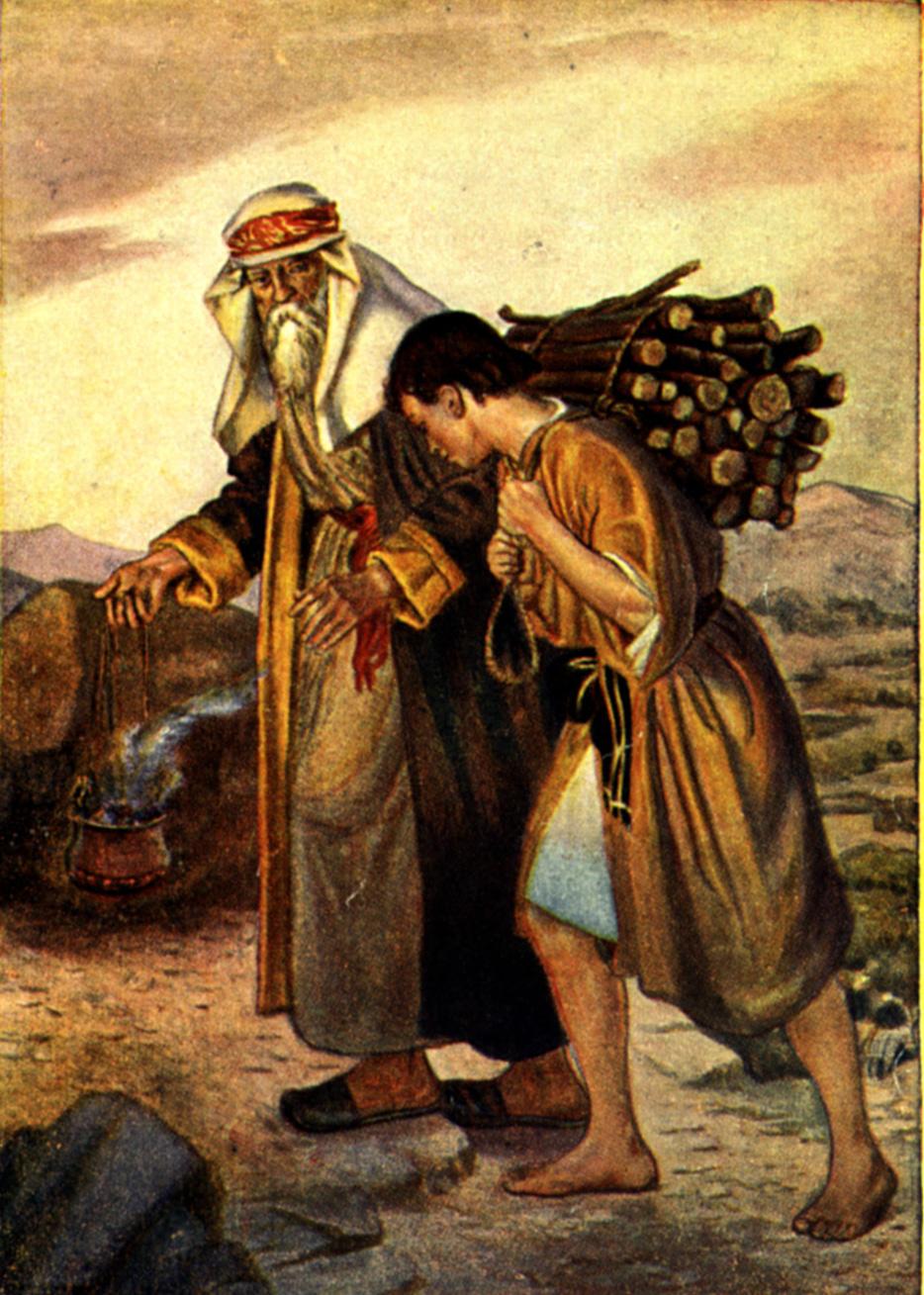Conclusion to our study on Jehovah Rapha:
(1)Ps 38:3-There is no soundness in my flesh because of Thine indignation. There is no health (shalom) in my bones because of my sin.
There is a direct correlation between sin & sickness, sickness not just of the body but of the soul. Don't misunderstand - as shown by the Scriptures below not every physical illness is a reflection of personal sin. In fact personal sin may not even be a contributing factor. Nevertheless, because unconfessed sin is at least a possible contributor in some instances of physical illness we should be willing to ask God to search our hearts as in see Psalm 139:23-24 (Spurgeon)
If sin is discovered or uncovered we should deal with it immediately. To not do so can have consequences as shown by Solomon's counsel in Pr 28:13.
Example: Unforgiveness is an example of a sin that can lead to one being given over to the "torturers" (Mt 18:34,35) Wiersbe says that... The world’s worst prison is the prison of an unforgiving heart. If we refuse to forgive others, then we are only imprisoning ourselves and causing our own torment.
(2)Jn 9:1-3 "As He passed by, He saw a man blind from birth. & His disciples asked Him "Rabbi, who sinned, this man or his parents, that he would be born blind ? Jesus answered "It was neither that this man sinned, nor his parents; but it was so that the works of God might be displayed in him."
(3)Jas 5:16 Therefore, confess your sins to one another, and pray for one another so that you may be healed. The effective prayer of a righteous man can accomplish much.
(4) Ps 107:19-20 "Then they cried out to Jehovah in their trouble. He saved them out of their distresses. He sent His Word & healed (rapha) them and delivered them from their destructions"
Pr 4:20-22 My son, give attention to my WORDS. Incline your ear to my sayings. Do not let them depart from your sight. Keep them in the midst of your heart. For they are life to those who find them & HEALTH to all their body. (Health is Hebrew "marpe" derivative of "rapha")
(5) Ps 147:3 "He heals thebrokenhearted & binds up their wounds."
Ps 41:4 As for me I said "O Jehovah, be gracious to me. Heal my soul, for I have sinned against Thee." (Spurgeon)
There is healing for your deepest pains & disappointments. There is victory over addictions, past hurts as well as past failures. There is physical but even better spiritual healing available by running to the strong tower of Jesus your Jehovah rapha. If you have become sidetracked at Marah, bitter in soul & spirit, feeling that life is unfair or God is unfair, the only way to go from Marah to Elim & find sweet water is to run to Jehovah rapha, the God Who heals.
(6) Isa 53:5b The chastening for our well-being fell upon Him, And by His scourging we are healed[rapha].
1Peter 2:24 and He Himself bore our sins in His body on the cross, so that we might die to sin and live to righteousness; for by His wounds you were healed.
for us--for it is written, "CURSED IS EVERYONE WHO HANGS ON A TREE"
The bitterness caused by sin can be healed by the Cross of Christ Who became a curse for us on the Tree & made available the Tree of Life forever.
(7)Revelation 21:4-6 He will wipe away every tear from their eyes, and death shall be no more, neither shall there be mourning, nor crying, nor pain anymore, for the former things have passed away.”5 And he who was seated on the throne said, “Behold, I am making all things new.” Also he said, “Write this down, for these words are trustworthy and true.” 6 And he said to me, “It is done! I am the Alpha and the Omega, the beginning and the end. To the thirsty I will give from the spring of the water of life without payment.
How should we respond when we find ourselves drinking from the waters of Marah?
Ken Hemphill in The Names of God answers with the following practical suggestions:
"First, listen earnestly to the voice of God. What is God trying to say to you in your present circumstances? Sometimes we tend to hear God clearly when we are on the mountaintop of spiritual victory. When we get to Marah, we must tune our ears attentively to the voice of the Lord. Ask yourself what God is saying through your circumstances. What does God want to do in your life? What have you learned about God from these events?
Second, do what is right. In other words, behave righteously. Instead of responding by grumbling & complaining when you find yourself at Marah, do what is right. You can overcome your circumstances by focusing on the reliability of the nature of God. Because He never changes, you can know that He is loving & trustworthy & will meet your every need.
Third, obey God's commands. When you find yourself with bitter waters, look to see if there are areas of disobedience in your life (Are there any sins you need to confess?) Our desire to obey Him emerges from the fact that we know His character. Thus our obedience is the response of joyous confidence."





















